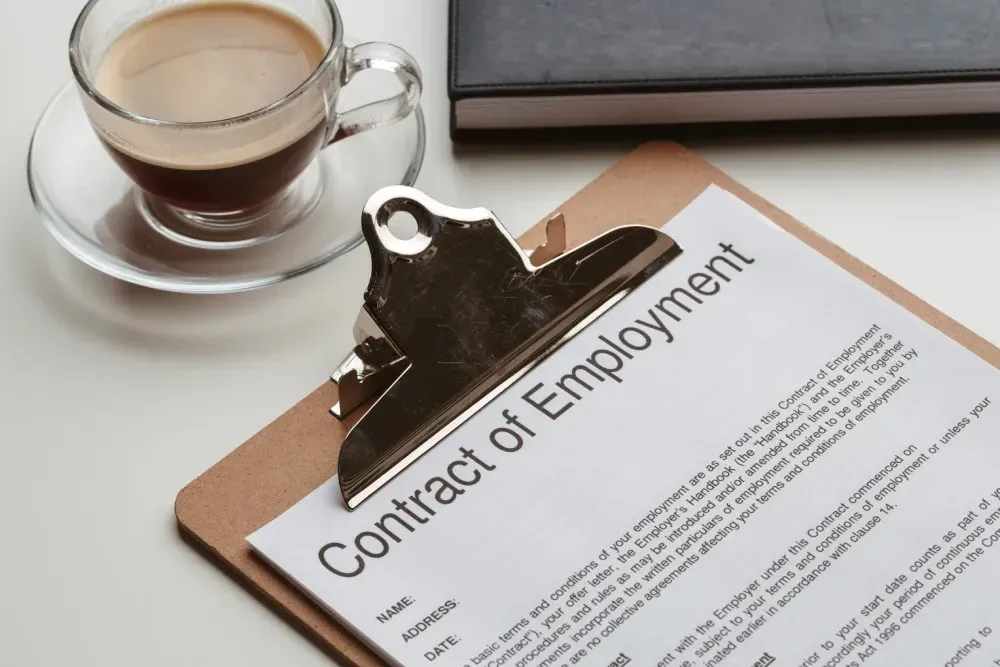Understanding Your Rights: Insurance Bad Faith Practices
Insurance is often viewed as a safety net, giving policyholders peace of mind that they will be protected in their times of need. However, what happens when an insurance company fails to uphold its end of the bargain? In California, this could constitute insurance bad faith – a legal term for when an insurer unreasonably withholds the benefits of the policy from its insured. Through this blog post, we will explore what constitutes bad faith practices and how an experienced insurance bad faith attorney can help California residents defend their rights.
What Is Insurance Bad Faith?
Insurance bad faith refers to unethical or unfair practices by an insurance company in which they avoid fulfilling their contractual obligations to policyholders. It could involve an insurer denying a legitimate claim, failing to investigate or process a claim promptly, or unreasonably undervaluing a claim.
In California, these practices are not just frowned upon; they are illegal. The state's robust insurance laws are designed to protect policyholders from being taken advantage of by their insurers.
Recognizing Insurance Bad Faith
Some signs that may suggest an insurance company is acting in bad faith include:
- Denying a claim without a valid reason: If an insurance company rejects your claim without a proper explanation or based on unfounded reasons, this may indicate bad faith.
- Delayed claim processing: While insurance claims can take time to process, undue delays without just cause can be a sign of bad faith.
- Minimal compensation offers: Offering to settle a claim for far less than its worth without a reasonable basis is another red flag.
- Lack of communication: If an insurance adjuster does not respond to your calls, emails, or letters, or avoids providing clear answers, this could be a form of bad faith.
Actions You Can Take as a California Resident
If you believe your insurer is not living up to their contractual obligations, you have legal options available:
- Document Everything: Keep detailed records of all communications with your insurer, as well as any documents related to your claim.
- Review Your Policy: Ensure you fully understand the terms and conditions of your insurance policy, so you can identify if the insurer is failing to comply with their commitments.
- Seek Legal Advice: A bad faith insurance attorney can provide guidance based on your specific situation and help determine the best course of action.
How Can an Insurance Bad Faith Attorney Help?
An insurance bad faith attorney is familiar with the insurance laws in California and can help by:
- Reviewing your insurance policy and claim to identify any acts of bad faith.
- Advising you on the strength of your case and the likelihood of success.
- Negotiating with the insurance company on your behalf to seek a fair resolution.
- Filing a lawsuit and representing you in court if necessary.
The goal of an attorney in these cases is not just to get your claim paid but also to hold the insurance company accountable for their actions, which can potentially include compensation for emotional distress and punitive damages.
Navigating the complexities of insurance claims and potential bad faith scenarios can be overwhelming. But as a California resident, knowing your rights and when to consult with a specialized insurance bad faith attorney can make a significant difference in your case. Whether through negotiation or litigation, an experienced attorney will strive to ensure that justice is served, and that your insurance provider meets their legal and ethical obligations.
If you need assistance with a claim or suspect your insurer may be acting in bad faith, don't hesitate to seek professional advice. Your peace of mind and financial stability are too important to leave in the hands of an insurer who is not looking out for your best interests.
Remember, the information provided in this blog post is for general guidance and should not replace professional legal advice catered to your unique situation.











